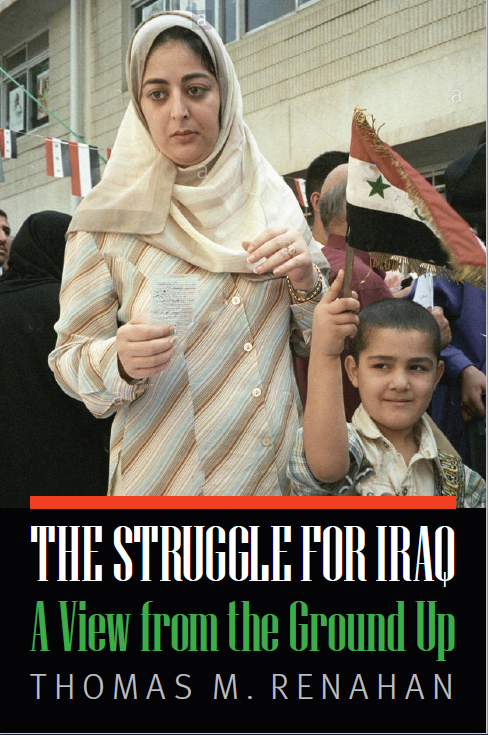Another report from our friend in Turkey:
A translated article which appeared in December 8 edition of Turkey’s left-wing Bir Gün newspaper (which has pro-Moscow and pro-Assad leanings). In it, Erk Acarer interviews a founding member of the Turkmen Brigades in Syria, concentrating on Turkey’s role in training and arming them.
http://www.birgun.net/haber-detay/amac-bizi-korumak-degil-esad-la-savastirmak-97204.html
“The aim is not to protect us, but to have us fight Assad.”
The Sultan Murat Brigade adventure stretches back to 2012 when the Syrian civil war began to flare up. The brigade was set up as an unnamed ‘protective unit’ in the Turkmen-inhabited Karaköprü village three kilometers from the Turkish border. The unit assumed its present name later.
The account given by Y.K., one of its five founders, reveals that the militia forces, which started as a simple village defense line, soon deviated from their original purpose. The account provided by Y.K. shows that the priority was not to protect Turkmen in the area. His words bear further testament to the way gunpowder was poured onto the fire in Syria. Y.K. spent some time in Istanbul, but says he was summoned back to the area to rejoin the fight.
- How was the Sultan Murat Brigade formed?
After the war started, five of us came together and set it up. We set out to resist any attempt by Arabs to occupy our village. At the outset we only had three guns. As the days passed there were new recruits. Every day ten or fifteen people decided to join us. Well-off people in the village started to buy us guns. As we grew in strength, things took on a different dimension.
- What happened?
Three top-ranking soldiers came who had left Bashar Assad’s army and were in camps in Turkey. Turkish intelligence made contact with us through these soldiers. Then they withdrew one of them. Somebody called Ahmet Osman, who had had ‘Ameed’ status, i.e. that of general, in Assad’s army, and Besil who had the rank of captain stayed with us. It suited us for them to join us because they had strategic and military knowledge. The structure we had set up started to grow. Turkish intelligence also gave us our name. It was also Turkish intelligence that named and directed the Yavuz Sultan Selim, Fatih Mehmet Han, and Nureddin Zengi Abdulhamit Han brigades.
The groups were initially formed in 2012. In 2013 they came together and assumed an official form.
- Did the aim then begin to shift?
At first we were protecting our village, but a while later we started fighting Assad. An order was given for us to fight Assad. Under the guidance of the two commanders, we also crossed into Turkey and received training. Turkish intelligence gave us this training.
- Where were you sent for training?
Through the intermediation of the ex-Assad soldiers, we entered Turkey from the Kilis Öncüpınar border point situated opposite Azaz. They immediately took the phones out of our hands. They put us in a vehicle and took us through one city after another for ages. They told us not to say that we were going for training when we left Syria. Our trip took us through Antep, Antakya and Osmaniye. The journey lasted nearly twenty hours. It was night time when we reached Ankara. They put us up at a camp at around midnight. It was a place set up on a broad and empty stretch of land about seven or eight minutes from the center of Ankara. Gendarmes were stationed at the perimeter. A ‘dial 112’ emergency vehicle accompanied us for the duration of our training.
- Who trained you and what was the place like inside?
We stayed there for a month in total. There were thirty of us. Twenty people were from the Free Syrian Army (FSA) and the remainder were deserters from Assad’s army. We encountered fifty commanders in all. Half gave training for one week and the other half the next week. Apart from heavy weapons training, we also received instruction in ground-fighting techniques. There was a separate commander for each weapon. The place used to accommodate us was very big. It was like a hotel or barracks. Each of us had a separate room. The commanders from Turkish intelligence were like our friends outside of training. We congregated in the common area, had our meals there and chatted. I know that people from the opposition were trained in this training area for three years.
- Which weapons were you trained in?
We were trained in weapons such as heat-seeking missiles, the MM PKMS (BKC) and B9, and we learned how to use anti-aircraft weaponry. We got sniper and tank training. There was also a tank at the training area. Ground training was given, too. We had training in climbing buildings and hand-to-hand combat. I had knee trouble. They took me to a hospital in a mountainous area with a stream flowing round it. It was not very far away. It took ten minutes.
- What happened after one month had passed?
They put us on a salary of one hundred dollars a month. At the end of the training, they gave us a gift of 500 dollars and 100 Turkish lira. Then they took us back to Syria. We have relatives in Gaziantep and we wanted to visit them but they didn’t let us. They took us back through to Azaz once again over the Kilis Öncüpınar crossing. We started to fight Assad’s army.
- Is there a Turkish intelligence presence in Syria?
Our commanders were Syrian, but there was somebody from Turkish intelligence in each brigade. We have relatives and acquaintances in Daesh. My aunt’s son is fighting with Daesh. Because of this, we also know that there are people from Turkish intelligence among them.
- Did Turkey assist with arms?
We used to take delivery of arms across from Azaz or Reyhanlı. Two trucks would meet each other at the crossing and the arms would be unloaded. These dealings would happen thanks to Abeed Ahmet Osman and Captain Besil. Delivery would not be made without the captain signing. The people from Turkish intelligence staying permanently in Syria would constantly check whether the arms were given to other groups or sold. It also happened that we had arms seized by other groups.
One night, arms were being split up in an area near the Reyhanlı crossing. There were other opposition people at the crossing point. There were some Liwa al-Tawhid and Daesh militants there. The weapons were grabbed by another opposition group. They said that they would be able to give us some of them in the night. We went to Idlib that night and negotiated but we couldn’t get the arms. They told us not to go back because Daesh had taken the road. Not only were we unable to get the arms but we were captured by Daesh. But at that time Sultan Murad and Daesh were fighting together in Aleppo. So they let us go. We returned to the Reyhanlı crossing. Turkish intelligence took us from there to the Azaz crossing. Abeed Osman and Captain Besil are still in Ankara. They are still organizing arms supplies. If the arms stop coming the war will end.


